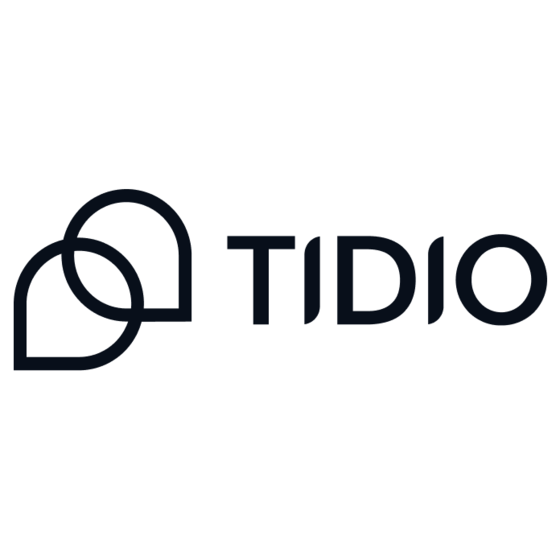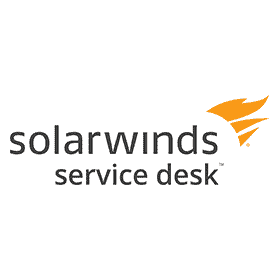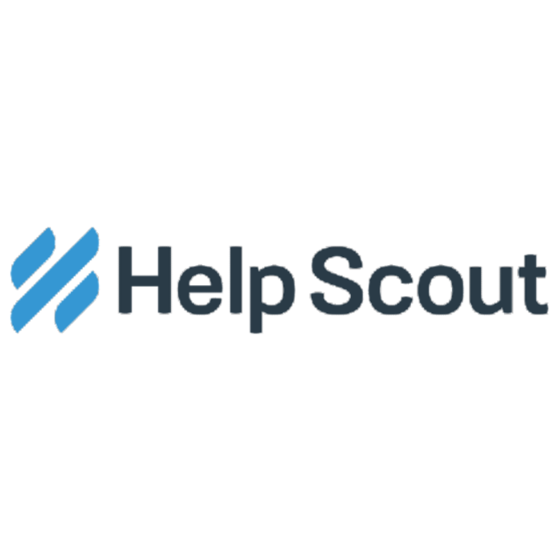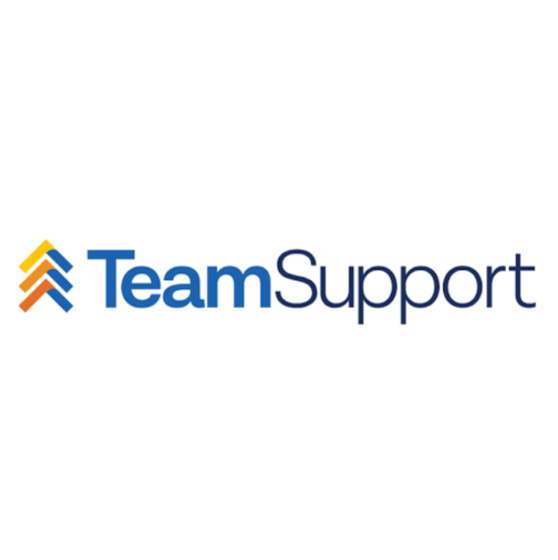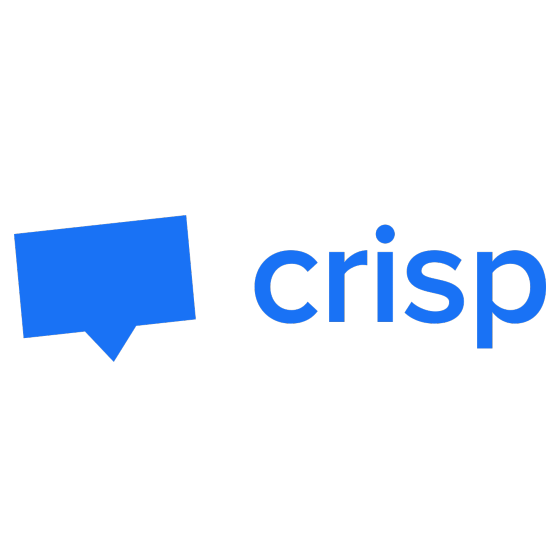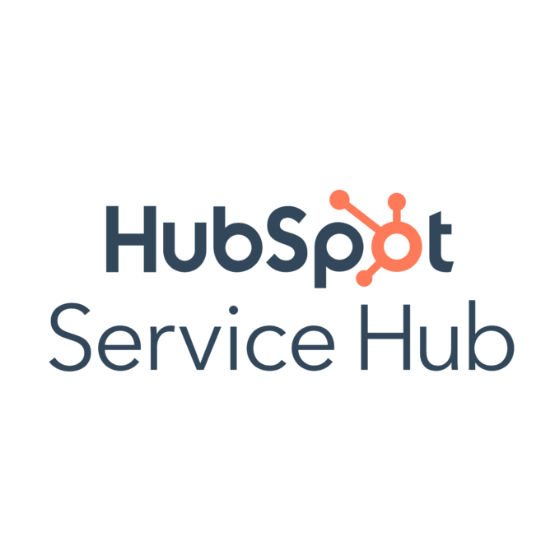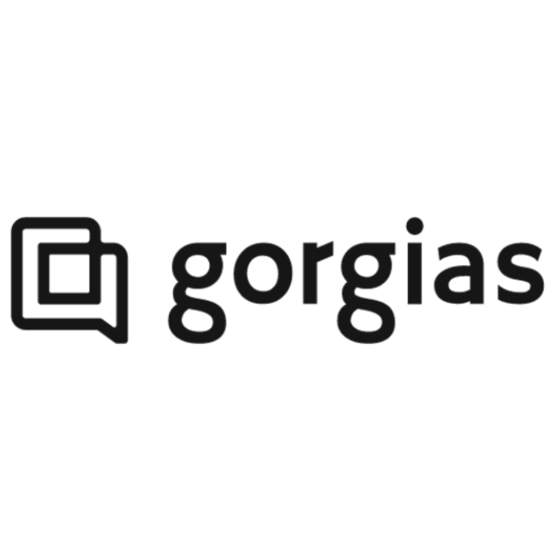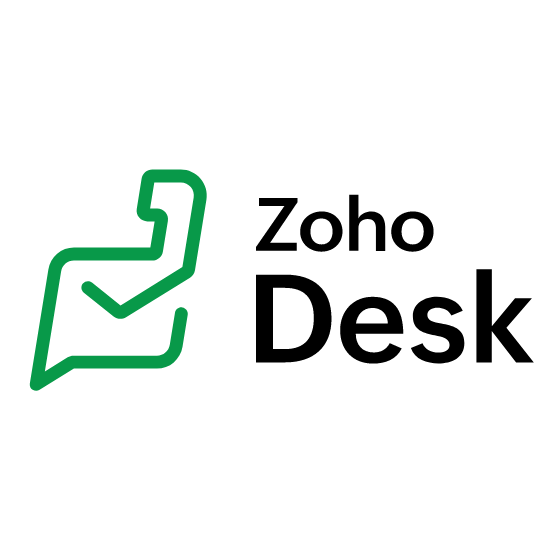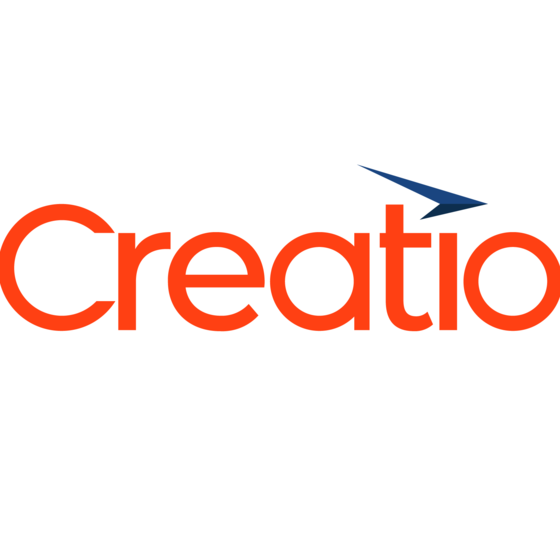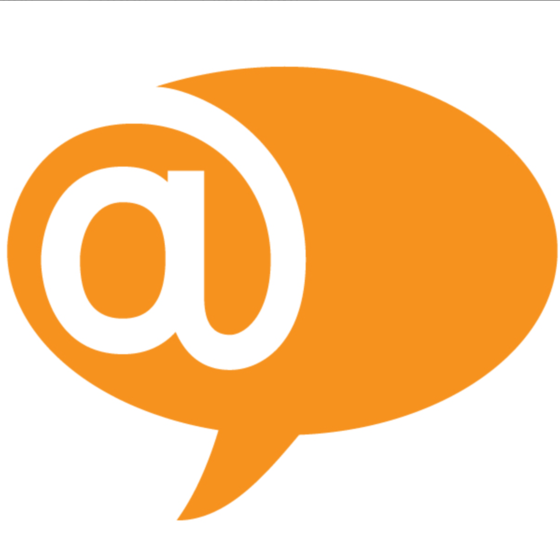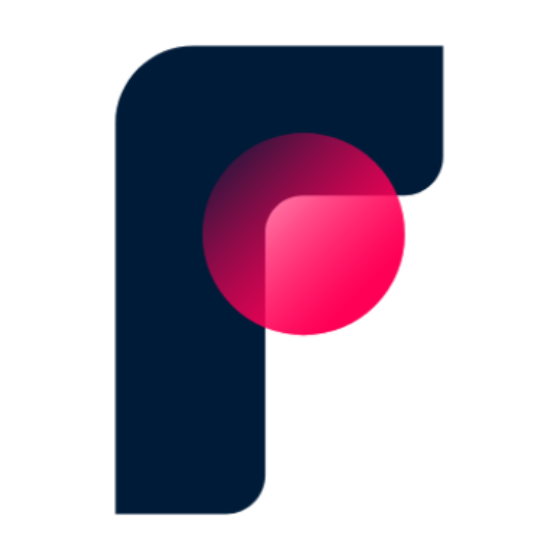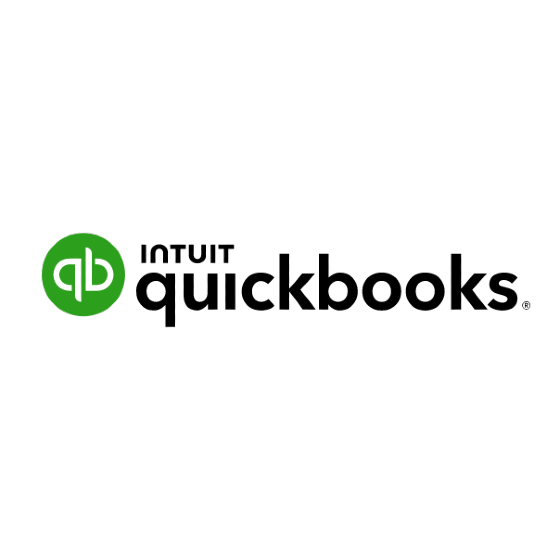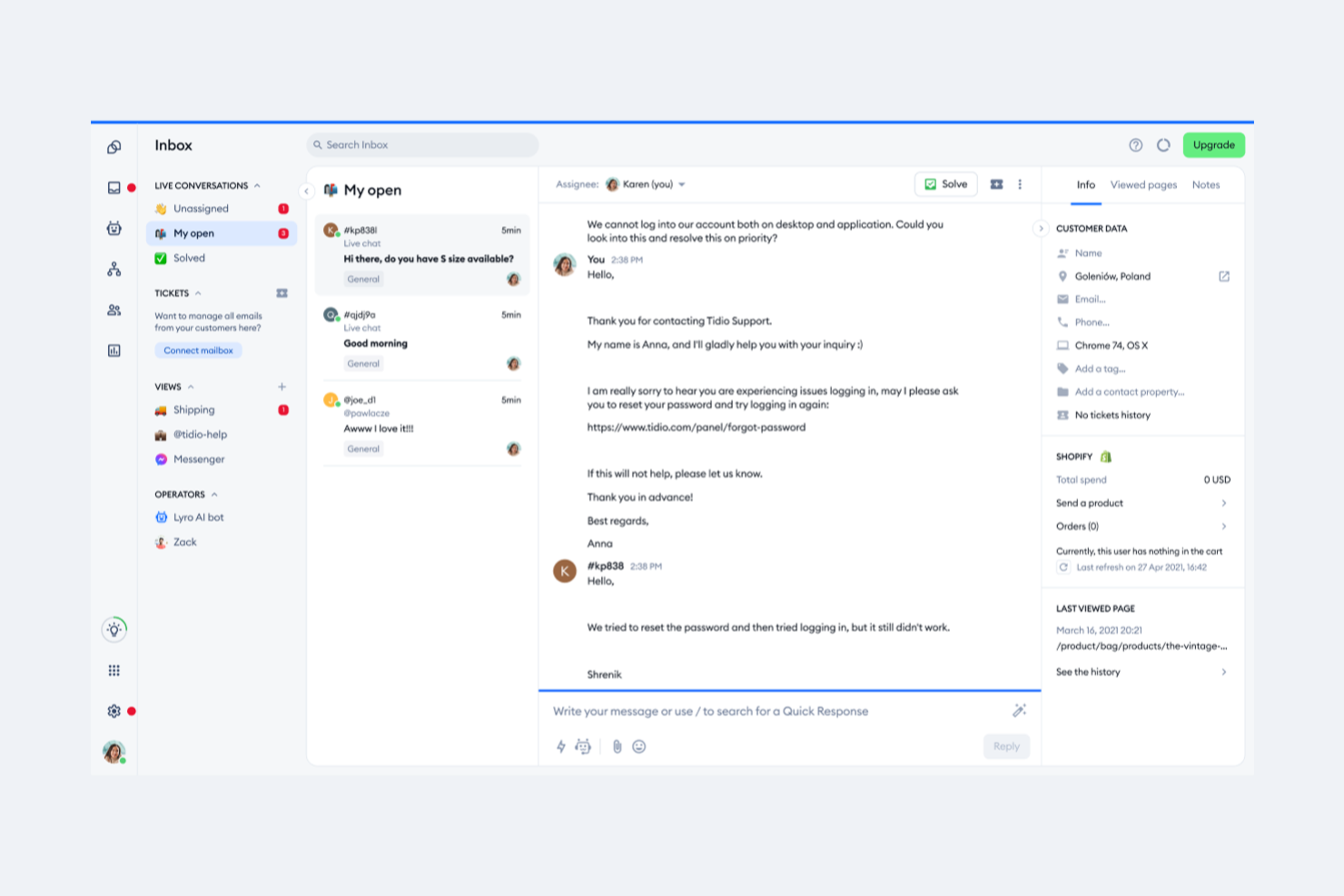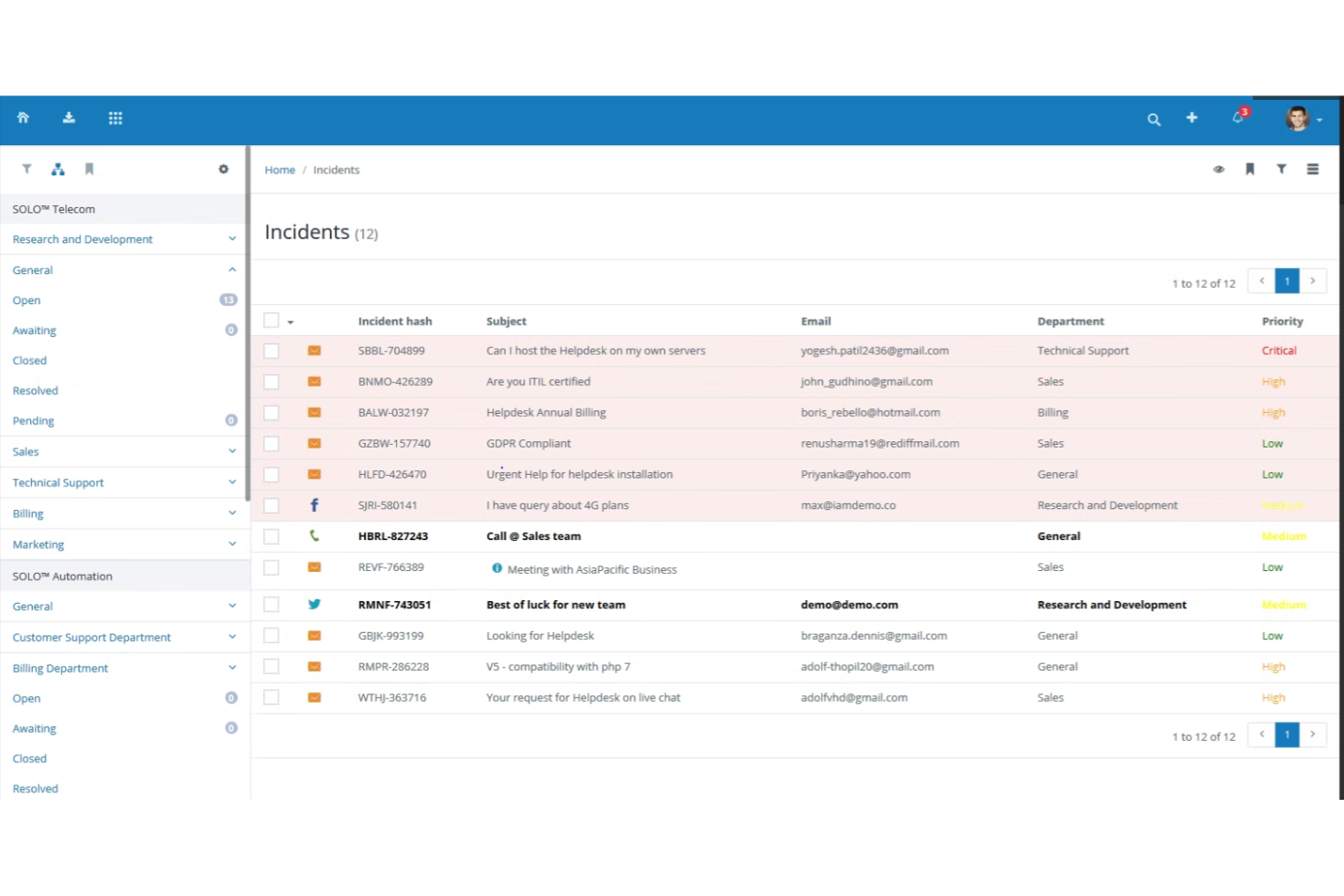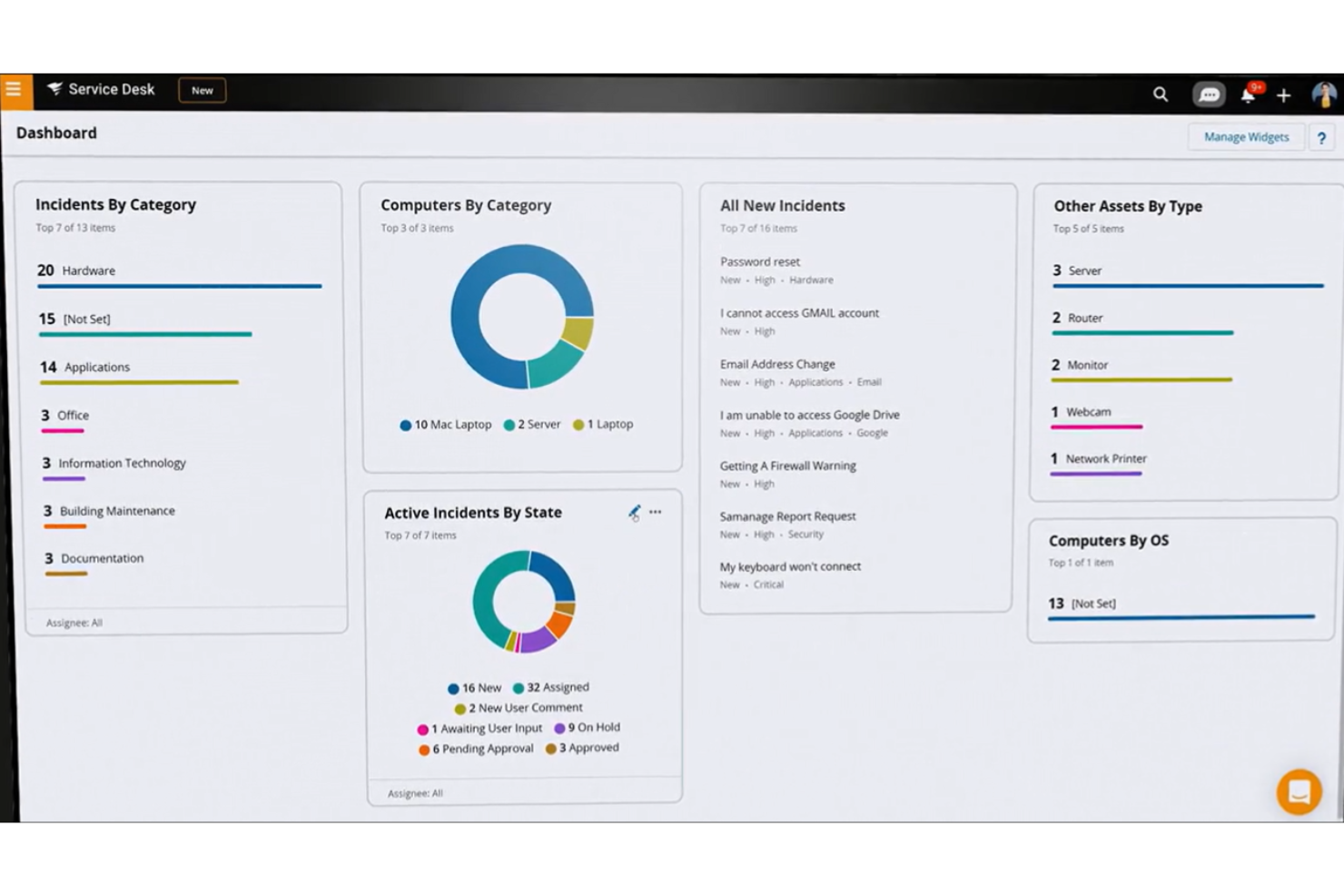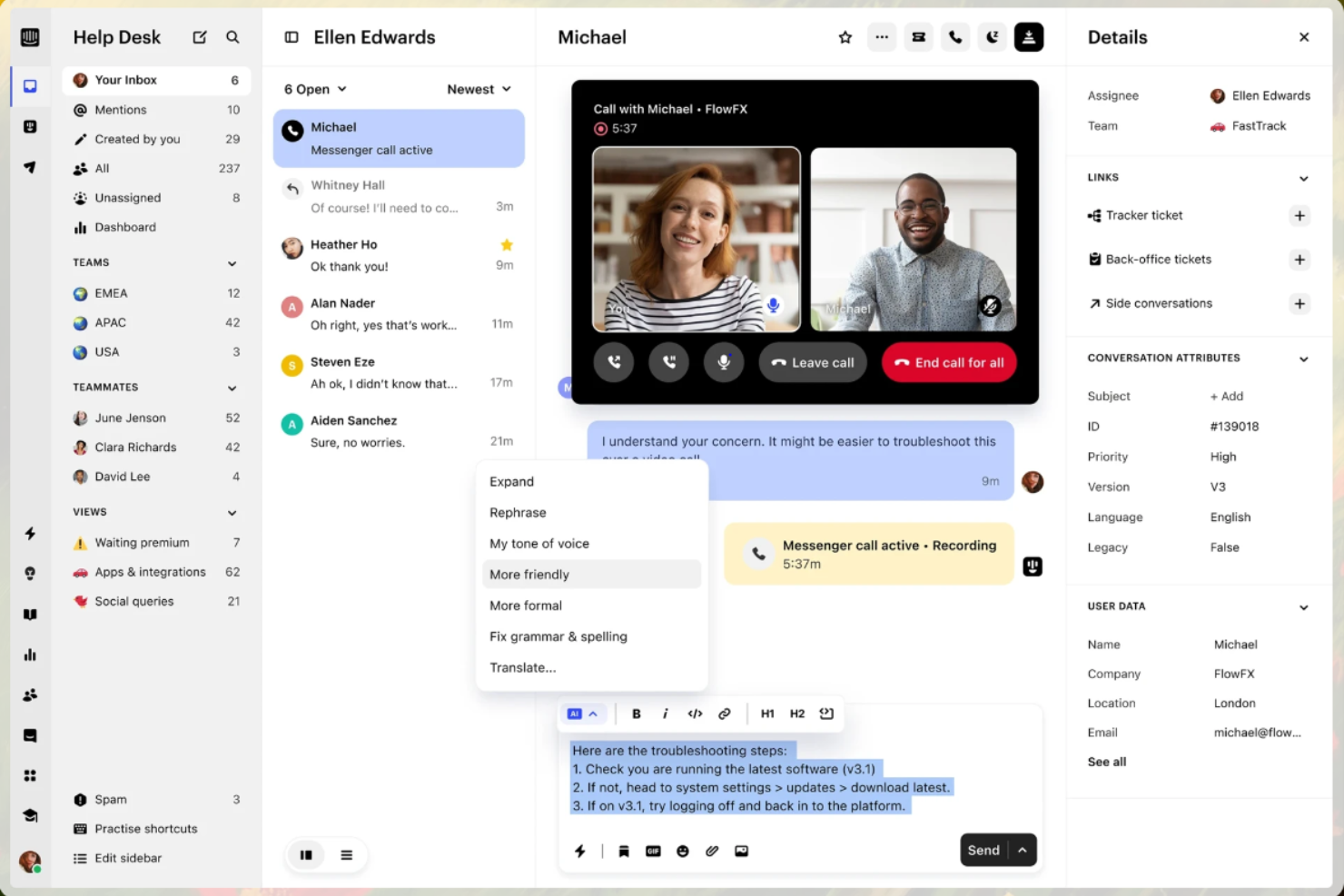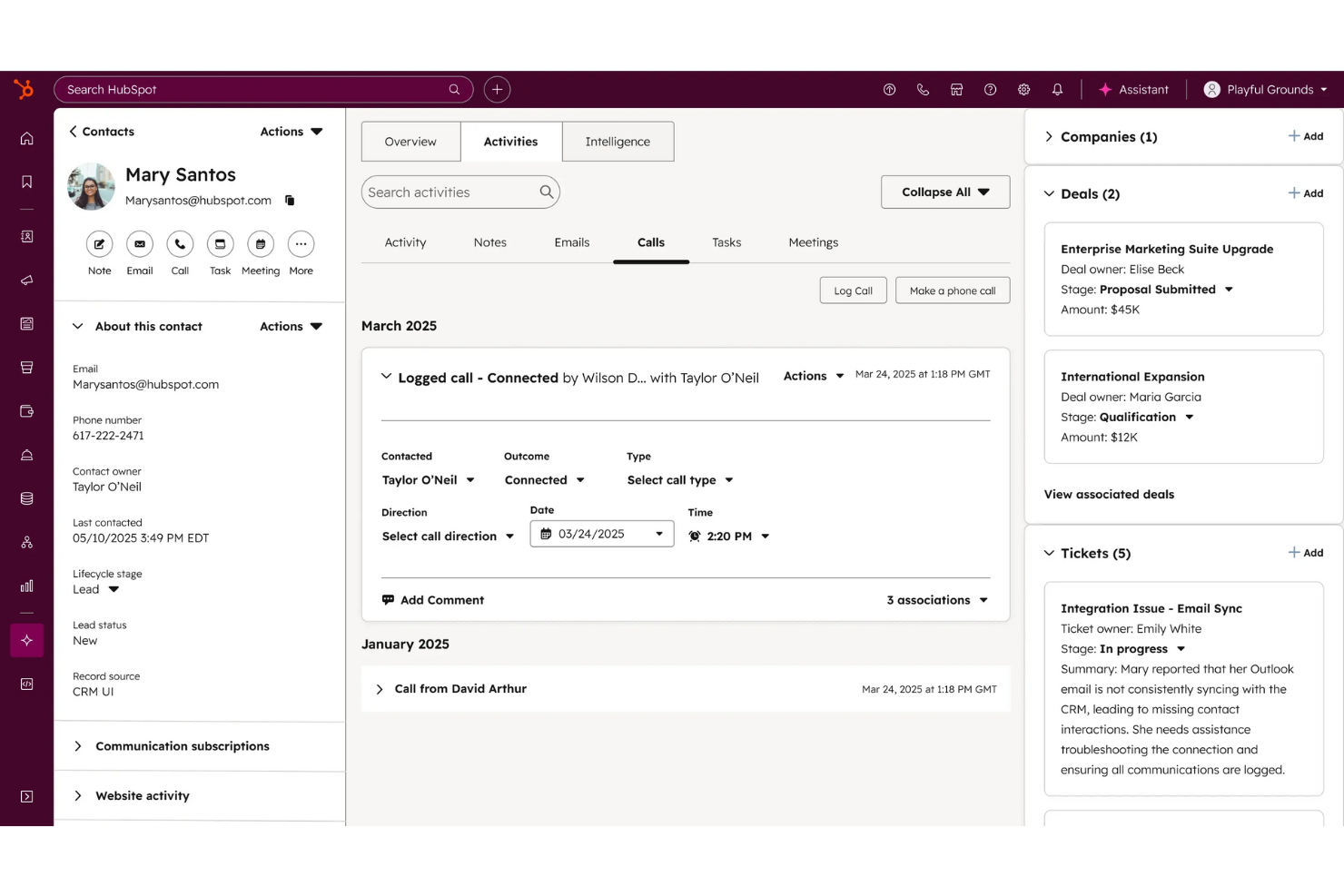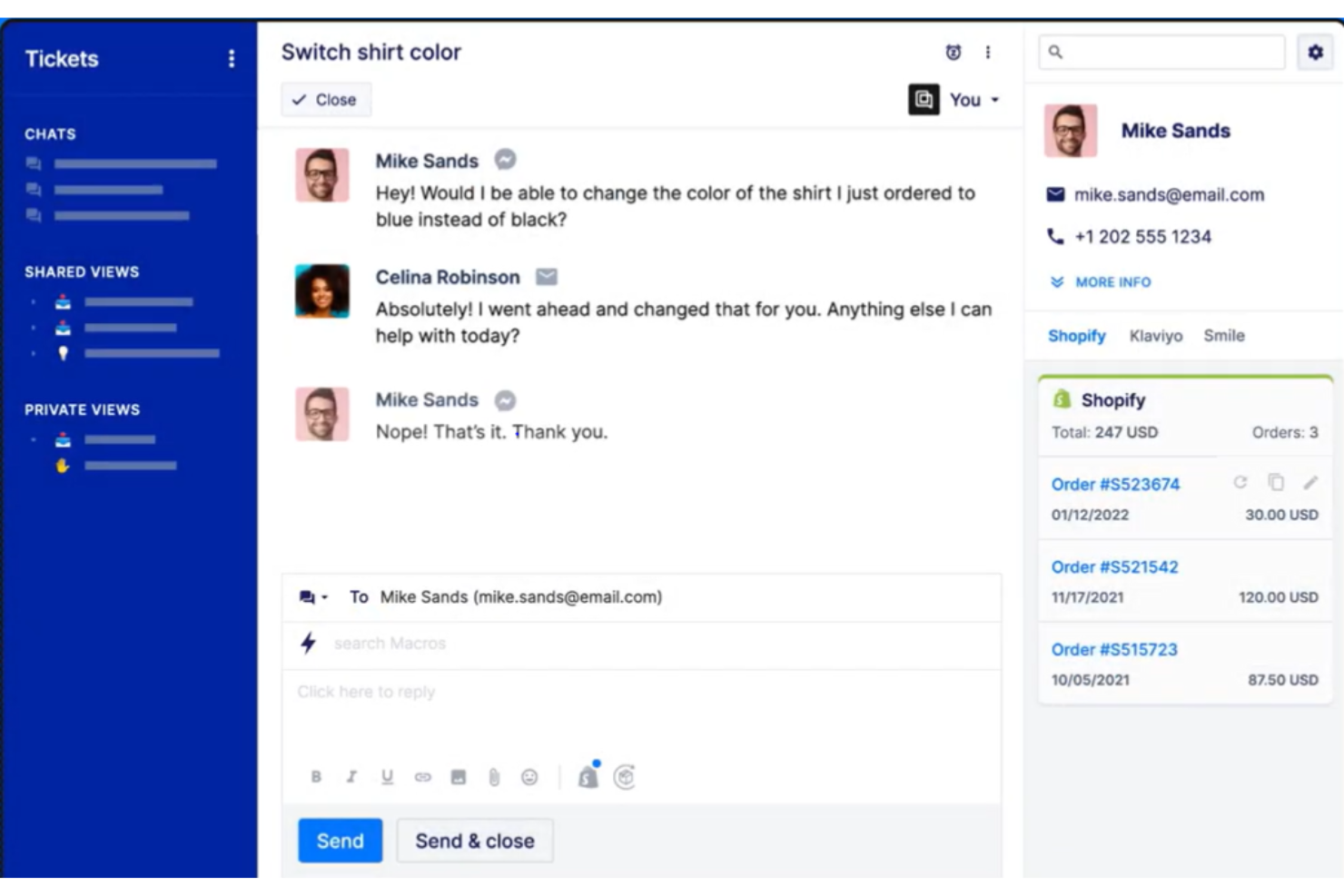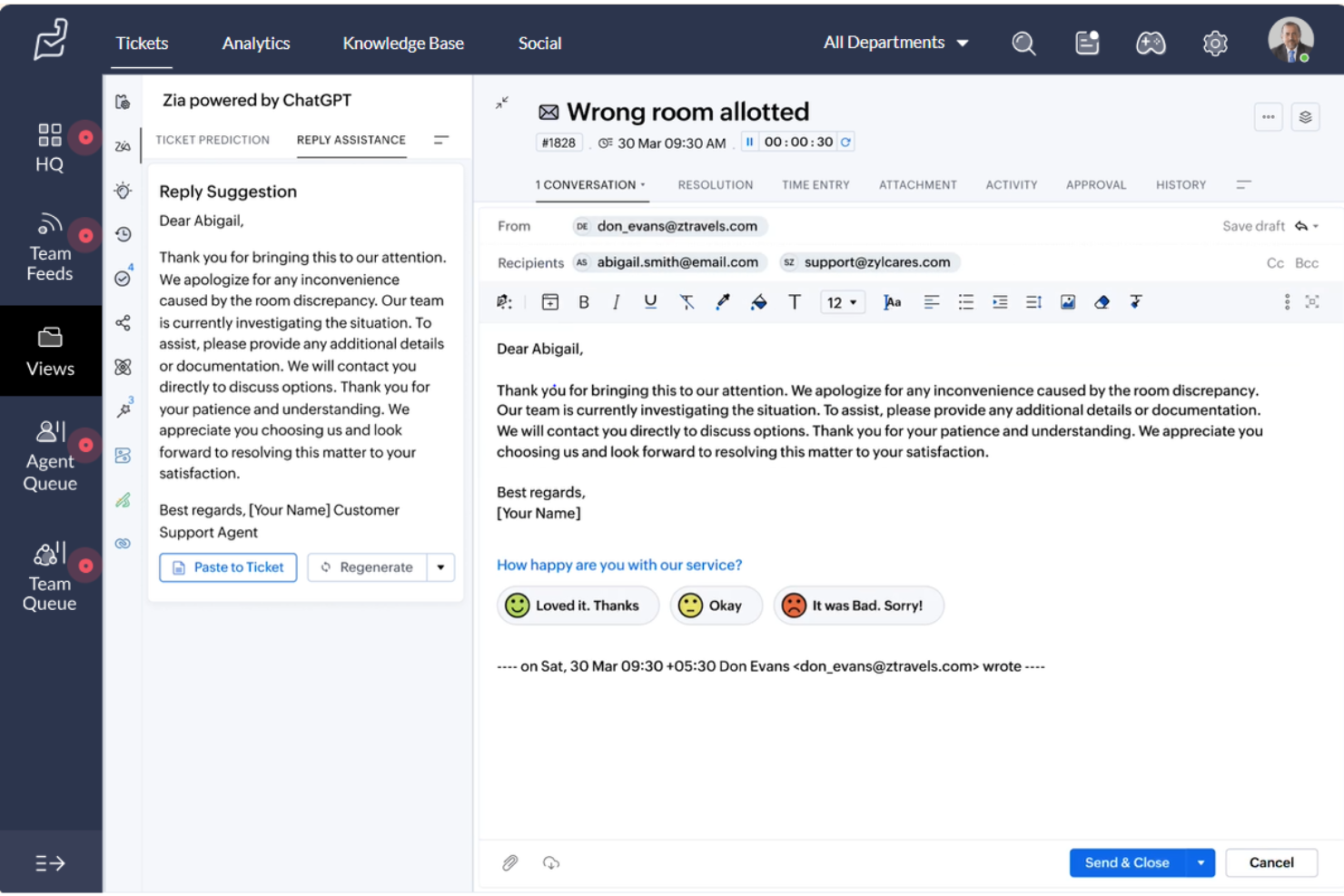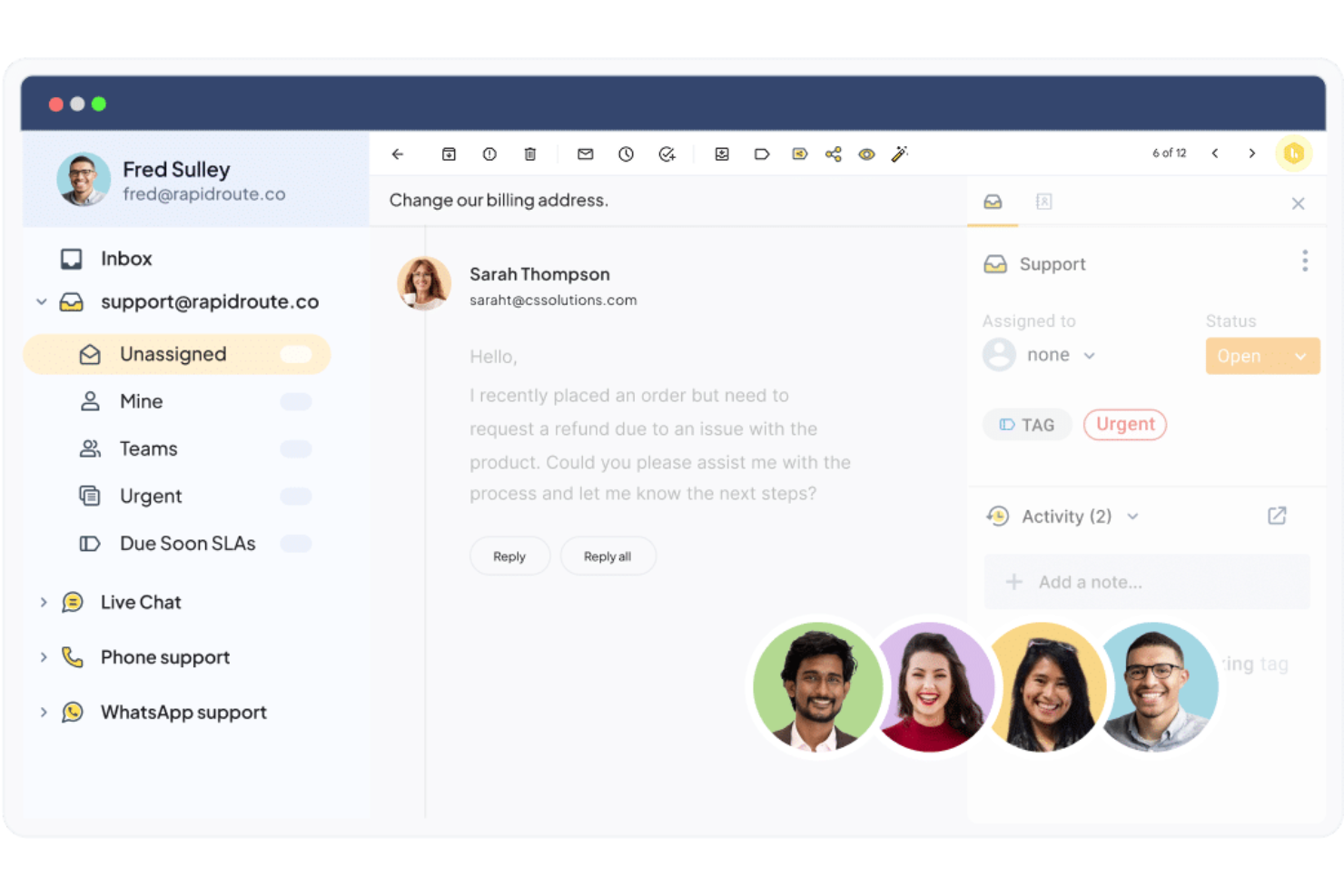Best Zendesk Alternatives Shortlist
Here's my pick of the 20 best software from the 19 tools reviewed.
Zendesk is a popular CRM software known for its user-friendly interface and extensive customer support features. However, some users might seek alternatives due to its higher cost and limited customization options.
Using my experience with revenue operations software, I tested and compared several of the top Zendesk alternatives available. From there, I compiled my results into detailed reviews to help you find the best software for your unique needs.
What Is Zendesk?
Zendesk is a CRM software used to manage customer support and relationships. It's used by customer service teams, IT professionals, and sales departments to improve customer interactions and satisfaction.
Features like ticketing systems, analytics, and integrations help organize customer inquiries, analyze performance, and connect with other tools. Overall, Zendesk provides value by enhancing your team's ability to deliver efficient and responsive customer service.
Why Trust Our Software Reviews
We’ve been testing and reviewing CRM and customer relationships since 2022. As revenue operations experts ourselves, we know how critical and difficult it is to make the right decision when selecting software. We invest in deep research to help our audience make better software purchasing decisions.
We’ve tested more than 2,000 tools for different Revenue Operations use cases and written over 1,000 software reviews. Learn how we stay transparent & our software review methodology.
Best Zendesk Alternatives Summary
This comparison chart summarizes pricing details for my top Zendesk alternative selections to help you find the best one for your budget and business needs.
| Tool | Best For | Trial Info | Price | ||
|---|---|---|---|---|---|
| 1 | Best for automated sales tracking | 30-day free trial | From $29/user/month (billed annually) | Website | |
| 2 | Best for AI-powered live chat | 7-day free trial + free plan available | From $25/user/month | Website | |
| 3 | Best for multichannel customer communication | 14-day free trial | From $12/user/month (billed annually) | Website | |
| 4 | Best for multi-company support management | 30-day free trial | From $12/user/month | Website | |
| 5 | Best for customizable IT support solutions | Free demo available | From $29/user/month (billed annually) | Website | |
| 6 | Best for unified IT service management | 30-day free trial | From $19/user/month (billed annually) | Website | |
| 7 | Best for AI-first customer service | 14-day free trial | From $29/user/month (billed annually) | Website | |
| 8 | Best for personalized support experiences | 15-day free trial + free plan available | From $50/user/month (billed annually) | Website | |
| 9 | Best for B2B customer support | 14-day free trial | From $45/user/month | Website | |
| 10 | Best for business messaging for startups | 14-day free trial | From $6.25/user/month | Website | |
| 11 | Best for customer feedback tools | Free plan available | From $45/month | Website | |
| 12 | Best for ecommerce customer experience | Free trial + free demo available | From $10/month | Website | |
| 13 | Best for context-aware customer service | 15-day free trial | From $14/user/month (billed annually) | Website | |
| 14 | Best for custom service workflows | 14-day free trial | From $25/user/month | Website | |
| 15 | Best for hybrid ticket streams | 30-day free trial | From $9/agent/month (billed annually) | Website | |
| 16 | Best for AI-driven IT service management | 14-day free trial + free demo available | From $19/user/month (billed annually) | Website | |
| 17 | Best for scalable ticketing and AI automation | 14-day free trial + free plan available | From $15/user/month (billed annually) | Website | |
| 18 | Best for real-time service analytics | Free trial + free demo available | From $25/user/month (billed annually) | Website | |
| 19 | Best for omnichannel inbox management | 14-day free trial | From $25/user/month (billed annually, minimum 10 seats) | Website | |
| 20 | Best for seamless team collaboration | 7-day free trial + free plan available | From $19/user/month | Website |
-

Expedite Commerce
Visit Website -

Prisync
Visit WebsiteThis is an aggregated rating for this tool including ratings from Crozdesk users and ratings from other sites.4.7 -

QuickBooks Online
Visit WebsiteThis is an aggregated rating for this tool including ratings from Crozdesk users and ratings from other sites.4
Best Zendesk Alternatives
In this analysis, I will provide an in-depth overview of each Zendesk alternative. I’ll walk through the pros and cons of each tool, features, and best use cases.
Salesflare is a Customer Relationship Management (CRM) platform designed for small and medium-sized B2B businesses. It helps sales teams manage interactions, enrich lead data automatically, and organize pipelines in a way that makes relationship management easier and more effective.
Why it’s a good Zendesk alternative: I chose Salesflare for this list because it focuses on sales tracking and relationship intelligence rather than ticketing. With automated email sequences, lead data enrichment, and visual sales pipelines, Salesflare can help you keep track of customer interactions and follow up at the right time. Its automation-first approach means your team can spend less time on manual data entry and more time nurturing leads and closing deals.
Standout features & integrations:
Features include relationship insights, which analyze connections to guide outreach, data enrichment that auto-fills lead details, and AI-driven recommendations for next best actions. Visual pipelines make it easier to see where deals stand and prioritize tasks across the team.
Integrations include QuickBooks Online, Slack, Typeform, Facebook Lead Ads, Google Contacts, MailChimp, Google Sheets, Intercom, Better Proposals, Emailable, Leadinfo, and StoryChief.
Pros and cons
Pros:
- Strong integration options
- Visual pipeline management
- Automated relationship tracking
Cons:
- No built-in ticketing system
- Limited advanced customization
Tidio is a customer communication platform that combines live chat, chatbots, and help desk tools in one place. It’s designed to help small to medium-sized e-commerce businesses engage with customers in real time and manage support inquiries more efficiently.
Why it’s a good Zendesk alternative: I picked Tidio for this list because it gives you a powerful live chat experience that keeps customers engaged on your website, while its Lyro AI agent handles repetitive queries in the background. This balance between automation and personal interaction can reduce response times and free your team to focus on complex issues. Tidio also centralizes your support channels into a help desk, making it easier to track and resolve customer requests without missing a message.
Standout features & integrations:
Features include AI chatbots, customizable flows, analytics and reporting, and multilingual support. These tools allow you to automate frequent interactions while maintaining a personalized experience across multiple channels.
Integrations include Shopify, WordPress, Squarespace, WIX, Adobe Commerce, Shopware, BigCommerce, PrestaShop, Ecwid by Lightspeed, Weebly, WooCommerce, and OpenCart.
Pros and cons
Pros:
- Multilingual chat support
- Centralized help desk system
- AI chatbot handles FAQs
Cons:
- AI and flows not combined
- No analytics for flows
HelpCrunch is a customer communication platform designed to simplify support, marketing, and sales interactions. It offers multichannel customer communication by integrating live chat, and email marketing into a single platform.
Why it's a good Zendesk alternative: I chose HelpCrunch for this list because it offers a suite of communication tools that can replace multiple standalone solutions. Its multi-channel capabilities make it a good contender for businesses looking to consolidate customer interaction channels. HelpCrunch stands out with its user-friendly interface and feature set, making it a versatile alternative to Zendesk.
Standout features & integrations:
Features include live chat, chatbot, shared inbox, knowledge base, email marketing, and popups. These tools help businesses manage customer interactions efficiently and improve engagement. Additionally, HelpCrunch supports mobile apps and SDKs for on-the-go customer support.
Integrations include Zapier, Slack, WordPress, Facebook, Instagram, WhatsApp, Google Analytics, Shopify, Telegram, Viber, HubSpot, Salesforce, Pipedrive, and Aircall.
Pros and cons
Pros:
- Free migration from other platforms
- User-friendly interface
- Multichannel communication tools
Cons:
- Some features still in development (e.g., AI capabilities)
- Limited advanced automation features
Vision Helpdesk is a customer service software tool that offers a satellite help desk, service desk, and live chat software. Its multi-company support management is not commonly found in other help desk software.
Why it's a good Zendesk alternative: I chose Vision Helpdesk for the list because it stands out with its multi-company support management feature. This feature allows businesses to manage customer support or IT service desk functionality for multiple companies, brands, or products in one place. This makes it a good alternative to Zendesk for businesses that need to manage support for multiple entities under one platform.
Standout features & integrations:
Features include multi-channel ticket management, ITIL/ITSM-compliant service desk, and a real-time multi-company live chat messaging platform. These features help improve customer engagement and support team productivity.
Integrations include Active Directory, Google Hosted Emails, Live Chat Inc, GoToMeeting, Twilio, and Facebook.
Pros and cons
Pros:
- Real-time multi-company live chat
- ITIL/ITSM compliant
- Supports multiple companies, brands, or products
Cons:
- Limited customization options compared to some competitors
- May require a learning curve for new users
HappyFox is a versatile help desk ticket management software that offers a ticketing system for customer service, IT, and internal help desk needs. It offers tailored support experiences across various industries.
Why it's a good Zendesk alternative: I chose HappyFox for the list because it has customizable IT support solutions, making it a good alternative to Zendesk. Its ability to integrate with multiple platforms and provide tools for customer support teams and IT support makes it a versatile option.
Standout features & integrations:
Features include live chat, AI transformation, process automation, and business intelligence. It supports various industries and departments, aiming to improve customer service and support.
Integrations include Salesforce, Aircall, Microsoft Teams, Slack, Facebook, Jira, Okta, Azure, Google Analytics, and Dropbox.
Pros and cons
Pros:
- Complex setup for beginners
- Versatile ticketing system
- Highly customizable
Cons:
- Setup can be complex for new users
- Limited customization options
SolarWinds Service Desk is a cloud-based IT service management platform designed to simplify IT operations and improve user experiences. Its unified platform for monitoring, observability, and service management stands out, especially for organizations looking to consolidate IT operations.
Why it's a good Zendesk alternative: I chose SolarWinds Service Desk for the list because it offers features that cater to IT service management needs, making it a good alternative to Zendesk. It is best for unified IT service management as its tools integrate incident management, asset management, and service-level agreement (SLA) management into a single platform.
Standout features & integrations:
Features include intelligent incident management, IT asset management, and a self-service portal. It also offers AI-powered service management to assist agents and users with scalable service delivery and issue resolution.
Integrations include Splunk, LogRhythm, and IBM QRadar.
Pros and cons
Pros:
- Scalability and flexibility
- AI-powered incident management
- IT service management features
Cons:
- Limited customization in lower-tier plans
- Complex licensing structure
Intercom is a customer service platform that leverages AI to provide instant support and enhance agent productivity. It integrates AI at every level, offering support tools like the Fin AI Agent and AI-enhanced inbox to simplify support operations.
Why it's a good Zendesk alternative: I chose Intercom for this list because of its AI integration, which sets it apart from other customer service platforms. I believe it’s best for AI-first customer service and its ability to provide instant, accurate answers makes it a good alternative to Zendesk.
Standout features & integrations:
Features include the Fin AI Agent for instant customer support and an AI-enhanced inbox for agents. It also has advanced features like reporting metrics for support leaders.
Integrations include Shopify, HubSpot, and Salesforce.
Pros and cons
Pros:
- Reporting and insights
- Omnichannel support
- AI integration
Cons:
- Limited customization options
- Steep learning curve for some users
HubSpot Service Hub is a customer service and success platform that streamlines communication, automates support workflows, and provides data-driven insights for businesses of all sizes. It centralizes omnichannel customer interactions—across email, chat, and messaging apps—helping teams deliver faster, more consistent service experiences.
Why it's a good Zendesk alternative: I chose Help Scout for the list because it offers a simpler, more affordable support platform tailored to small and medium-sized businesses. Its shared inbox and Beacon features provide seamless collaboration and integrated live chat without the complexity or cost of Zendesk. Help Scout’s intuitive interface, automation tools, and strong integrations make it a practical choice for teams that need efficient, personalized customer support without enterprise overhead.
Standout features & integrations:
Features include AI-powered ticket management, intelligent routing, real-time service analytics, and a self-service knowledge base that reduces support volume. Additional highlights include customer feedback tools, SLA management, chatbots, and automation workflows that enhance responsiveness and consistency.
Integrations include Gmail, Google Calendar, Outlook, WordPress, Zapier, Zoom, Microsoft Teams, Slack, Google Chat, and Salesforce.
Pros and cons
Pros:
- Long-term users have reported unresolved bugs and rising prices, affecting satisfaction.
- Some users feel that essential features, like real-time chat, are restricted to higher-priced plans.
- Help Scout’s Beacon feature integrates a help center and live chat, enhancing customer interaction.
Cons:
- The platform is user-friendly, making it accessible for teams without extensive training.
- The shared inbox feature allows collaborative management of customer emails, improving team efficiency.
TeamSupport is a customer support software designed specifically for B2B companies, offering features that cater to the unique needs of business-to-business customer service. It provides tools for managing complex customer relationships and support processes.
Why it's a good Zendesk alternative: I chose TeamSupport for the list because it stands out with its focus on B2B customer support, which is a niche that many other platforms do not specifically address. Its features are tailored to handle the complexities of B2B interactions, making it a good alternative to Zendesk for businesses in this sector.
Standout features & integrations:
Features include advanced ticketing, customer management, and collaboration tools that are essential for B2B support. It also includes a customer database, product database, and reporting tools to help businesses manage support operations.
Integrations include Slack, Microsoft Teams, Jira, and Salesforce CRM.
Pros and cons
Pros:
- Tailored for B2B customer support
- Customer and product databases
- Strong reporting and analytics tools
Cons:
- Mobile application is limited
- Limited customization options
Crisp is an all-in-one business messaging platform designed to help startups and SMBs manage customer interactions efficiently. It stands out due to its suite of tools that centralize conversations, automate tasks, and provide real-time assistance.
Why it's a good Zendesk alternative: I chose Crisp for the list because it offers features in line with business messaging tailored for startups and SMBs, making it a good contender against Zendesk. Its ability to centralize various communication channels and automate repetitive tasks makes it a practical choice for businesses looking to simplify their customer support operations.
Standout features & integrations:
Features include a shared inbox that centralizes conversations from live chat, emails, Instagram DM, WhatsApp, and phone calls. It also includes a chatbot builder, co-browsing software, and a knowledge base for customer self-service.
Integrations include Cloudflare, Facebook Messenger, Joomla, Mailchimp, Prestashop, Segment, Telegram, Webflow, and WhatsApp.
Pros and cons
Pros:
- Real-time co-browsing
- Visual chatbot builder
- Centralized communication channels
Cons:
- May require customization for specific needs
- Limited advanced reporting features
HubSpot Service Hub is a customer service and success platform that streamlines communication, automates support workflows, and provides data-driven insights for businesses of all sizes. It centralizes omnichannel customer interactions—across email, chat, and messaging apps—helping teams deliver faster, more consistent service experiences.
Why it’s a good Zendesk alternative: I chose HubSpot Service Hub for the list because it offers an AI-powered help desk and strong omnichannel communication tools, making it a solid alternative to Zendesk. Its deep CRM integration, real-time analytics, and automation features help teams streamline ticket management, improve response times, and gain actionable insights—all within one connected platform.
Standout features & integrations:
Features include AI-powered ticket management, intelligent routing, real-time service analytics, and a self-service knowledge base that reduces support volume. Additional highlights include customer feedback tools, SLA management, chatbots, and automation workflows that enhance responsiveness and consistency.
Integrations include Gmail, Google Calendar, Outlook, WordPress, Zapier, Zoom, Microsoft Teams, Slack, Google Chat, and Salesforce.
Pros and cons
Pros:
- AI-powered help desk automates ticket handling and reduces response times.
- Seamless CRM integration enhances customer management efficiency.
- The live chat feature is easy to set up and efficient for real-time support.
Cons:
- Some advanced features are limited to higher-priced tiers.
- Pricing can be steep, especially for small businesses.
Gorgias is an AI customer experience platform for ecommerce that centralizes customer interactions and automates support tasks. It provides personalized, efficient customer service tailored for ecommerce businesses.
Why it's a good Zendesk alternative: I chose Gorgias for its specialized focus on ecommerce, which makes it a good alternative to Zendesk. I believe it is best for ecommerce customer experience and its ability to integrate with ecommerce platforms like Shopify and BigCommerce, combined with its AI-driven automation, sets it apart.
Standout features & integrations:
Features include an all-in-one support inbox, AI-driven automation for repetitive tasks, and tools to boost website conversion rates. It also provides real-time performance monitoring and customer satisfaction surveys.
Integrations include Shopify, Shopify Plus, BigCommerce, Magento, Recharge, ShipStation, ShipBob, and RingCentral.
Pros and cons
Pros:
- Deep integration with ecommerce platforms
- Strong AI automation capabilities
- Specialized for ecommerce
Cons:
- Limited reporting capabilities
- Limited to ecommerce businesses
Zoho Desk is a help desk software designed to enhance customer service through context-aware features. It integrates easily with other Zoho products and offers a wide range of functionalities to simplify support operations.
Why it's a good Zendesk alternative: I chose Zoho Desk for its feature set and competitive pricing, making it a good contender against Zendesk. It is best for context-aware customer service and its high level of customization and automation capabilities stand out, providing businesses with the tools needed to deliver efficient and personalized customer support.
Standout features & integrations:
Features include automated ticket routing, social media integration, and a contextual AI assistant named Zia. The platform supports multi-channel communication, allowing businesses to manage customer interactions across email, chat, and social media.
Integrations include Google Workspace, Microsoft Office 365, Slack, Jira, Trello, Asana, Dropbox, OneDrive, Box, GitHub, Bitbucket, Zendesk, Salesforce, HubSpot, Intercom, Freshdesk.
Pros and cons
Pros:
- Highly configurable
- Extensive feature list
- Tight integration with other Zoho products
Cons:
- Somewhat complex to use and customize
- Stodgy user interface
CRM Creatio is a versatile customer relationship management platform designed for businesses seeking to enhance customer service and optimize sales.
Why it's a good Zendesk alternative: For businesses looking to centralize customer service and communication, CRM Creatio provides a no-code interface where you can efficiently manage every customer touchpoint. Its case and knowledge management tools help your team resolve issues faster, ensuring quick access to important information. CRM Creatio’s service automation tools also let you set up processes for consistent, quality service delivery without repetitive manual tasks. It even offers customizable workflows, so your team can adjust service processes to match your unique requirements,
Standout features & integrations:
Features include AI tools, 360-degree customer views, a contact center with queue management and case distribution, task management, agent scheduling management, and communication tools.
Integrations include Accelo, Act!, ActiveCampaign, Acumatica, Adobe Analytics, Asana, Microsoft Exchange, Excel, Mailchimp, HubSpot Marketing Hub, Google Calendar, and Tableau.
Pros and cons
Pros:
- Scalable for businesses of different sizes
- Comprehensive view of customers
- No-code platform
Cons:
- Data migration may be complex
- Customization can be time-consuming
LiveAgent is a customer support platform that brings together email, live chat, phone, and social media messages into one place. It turns every customer interaction into a ticket, so your team can manage conversations without switching tools.
Why it's a good Zendesk alternative: LiveAgent’s hybrid ticket stream is a key reason to consider it as a Zendesk alternative. It keeps all customer interactions—whether they start on email, chat, or social media—within a single ticket thread. This means your team can follow the full conversation history without jumping between channels, making it easier to provide consistent, informed support. LiveAgent also offers features like IVR, call routing, and unlimited call recordings, all within the same platform.
Standout features & integrations:
Features include an AI Answer Assistant that helps draft replies using your OpenAI API key, saving time on repetitive emails. You can also set up automation rules to handle tasks like assigning tickets, tagging conversations, or escalating issues based on specific triggers.
Integrations include WhatsApp, WordPress, Shopify, Mailchimp, Pipedrive, Slack, Facebook, Google Sheets, Salesforce, Asana, Twilio, and RingCentral.
Pros and cons
Pros:
- Includes AI tools to assist with drafting responses
- Supports multiple languages
- Provides robust automation options
Cons:
- Social media channels are limited to higher-tier plans or are paid add-ons
- Some users find the interface to be outdated
Freshservice is an AI-powered IT service management tool designed to simplify IT operations. It automates routine tasks and provides predictive intelligence, making it ideal for efficient IT service management.
Why it's a good Zendesk alternative: I chose Freshservice for its AI capabilities that enhance IT service management. Its ability to automate routine tasks and provide predictive insights makes it a good contender for Zendesk, especially for IT-focused environments.
Standout features & integrations:
Features include incident management, knowledge base, self-service portal, SLA management, and workflow automation. It also includes capabilities like asset management, change management, and project management.
Integrations include Google Workspace, Slack, and Okta.
Pros and cons
Pros:
- Provides a user-friendly self-service portal
- Solid AI and automation capabilities
- IT service management features
Cons:
- Requires time to fully implement and train staff
- Limited customization options
Freshdesk is a customer service and support software that provides ticketing, self-service options, AI-powered automation, collaboration tools, and analytics. It aims to empower support teams to deliver timely and consistent support at any scale. The platform also offers a Customer Service Suite with AI-powered conversations, ticket management, and no-code bots.
Why it's a good Zendesk alternative: I chose Freshdesk for the list because it offers tools that can scale with businesses of all sizes. Its AI-powered automation and ticketing system makes it a good contender for those looking to move away from Zendesk. The platform's integration of various customer service functions into one unified solution sets it apart.
Standout features & integrations:
Features include an advanced ticketing system, AI-powered automation, and self-service options. The platform also offers collaboration tools to help agents engage with cross-functional teams and analytics to optimize support operations.
Integrations include Slack, Jira, Google Calendar, Google Analytics, and Mailchimp.
Pros and cons
Pros:
- Scalable for businesses of all sizes
- AI-powered automation
- Ticketing system
Cons:
- Limited customization options in lower-tier plans
- Learning curve for new users
Salesforce Service Cloud is a customer service and support platform that centralizes omni-channel interactions for businesses managing complex customer engagement workflows. It streamlines service delivery across phone, chat, email, and social channels—helping teams improve case resolution, increase agent efficiency, and elevate the overall customer experience.
Why it's a good Zendesk alternative: I chose Salesforce Service Cloud for the list because it delivers a more scalable and deeply integrated solution for enterprises seeking advanced customer service capabilities. Its AI-powered automation, omni-channel communication tools, and real-time analytics offer greater visibility and control than many Zendesk setups. With broad customization options and seamless integration across the Salesforce ecosystem, it’s a strong alternative for teams that need to manage complex service operations within a unified CRM environment.
Standout features & integrations:
Features include omni-channel routing, customizable Service Console, knowledge base, case management, field service scheduling, automation tools, and AI-powered chatbots that enhance customer interactions.
Integrations include Slack, Microsoft Teams, AWS, Google Workspace, SAP, Oracle, Dropbox, Zendesk, HubSpot, and Mailchimp, with an open API available for custom connections.
Pros and cons
Pros:
- Extensive customization enables teams to tailor workflows and dashboards to business needs.
- Comprehensive omni-channel support allows seamless communication across multiple platforms.
- AI-powered features enhance customer interactions through intelligent recommendations and insights.
Cons:
- The system’s complexity often requires significant training and onboarding time.
- Pricing can be prohibitive for smaller organizations.
Front is a customer service platform that consolidates all customer communications into a single omnichannel inbox. It manages shared inboxes across multiple channels, which is important for businesses handling high volumes of customer interactions.
Why it's a good Zendesk alternative: I chose Front for the list because it manages shared inboxes across multiple channels, which is important for businesses that handle high volumes of customer interactions. I believe it’s best for omnichannel inbox management in addition to its practical AI features, which improve team efficiency and customer satisfaction.
Standout features & integrations:
Features include its omnichannel inbox, which consolidates all customer communications into a single platform, and its AI chatbots that assist in delivering instant resolutions. The platform also offers workflow automation to simplify processes and analytics to provide insights into team performance and customer interactions.
Integrations include Asana, DropBox Business, Gmail, HubSpot, Microsoft 365, Salesforce, Slack, Trello, WhatsApp, Zapier, and Zoom Meetings.
Pros and cons
Pros:
- Workflow automation to improve efficiency
- Practical AI features for instant resolutions
- Centralized communication across multiple channels
Cons:
- May require time to fully integrate and customize
- Limited keyword search functionality
Hiver is a collaborative email management tool that simplifies customer communication for support and operations teams. It consolidates multi-channel messages into a shared inbox and layers in AI-assisted workflows, automation, and analytics—helping teams move faster and deliver consistent, high-quality support.
Why it’s a good Zendesk alternative: I chose Hiver for the list because it offers a simpler, more collaborative approach to customer support directly within Gmail. Its AI-powered assistance, shared inbox functionality, and workflow automation make it ideal for teams seeking Zendesk-level efficiency without the complexity of a full-scale ticketing system. Hiver’s integrations with tools like Salesforce, HubSpot, and Slack also make it easy to connect support operations across platforms, improving visibility and response times.
Standout features & integrations:
Features include AI Assistance for drafting and summarizing replies, workflow automation for triaging and routing, shared inboxes with notes and @mentions, omnichannel communication, analytics dashboards, and SLA/CSAT management tools.
Integrations include Slack, Salesforce, QuickBooks, HubSpot, Shopify, Mailchimp, Asana, Trello, Zapier, and Zoho CRM.
Pros and cons
Pros:
- Offers AI-powered features that assist in drafting replies and managing conversations.
- Enhances customer service by unifying multiple communication channels into one view.
- Simplifies email management with a shared inbox that improves collaboration and response times.
Cons:
- Some users report occasional technical issues that interrupt workflow.
- Limited customization options compared to more complex platforms.
Other Zendesk Alternatives
Below is a list of additional Zendesk alternatives that I shortlisted, but did not make it to the top list. Definitely still worth checking them out!
- Jira Service Management
For IT service management and collaboration
- Kayako
For AI-driven ticket management
- DealHub
For automating sales processes
- Groove
For knowledge management
- WhatZCRM
For WhatsApp Business API integration
Related CRM Software Reviews
If you still haven't found what you're looking for here, check out these tools closely related to CRM software that we've tested and evaluated.
- Sales Software
- Lead Management Software
- Business Intelligence Software
- Contract Management Software
- Revenue Management System
- CPQ Software
Zendesk Alternatives Selection Criteria
When selecting the best Zendesk alternatives in this list, I considered common buyer needs and pain points related to CRM software products, like customization options and integration capabilities. I also used the following framework to keep my evaluation structured and fair:
Core Functionality (25% of total score)
To be considered for inclusion in this list, each solution had to fulfill these common use cases:
- Manage customer communications
- Track sales leads and customer data
- Automate workflows
- Provide analytics and reporting
- Offer multi-channel support
Additional Standout Features (25% of total score)
To help further narrow down the competition, I also looked for advanced features, such as:
- AI-driven insights
- Customizable dashboards
- Advanced automation
- Omnichannel communication
- Real-time collaboration
- Additional add-ons
Usability (10% of total score)
To get a sense of the usability of each system, I considered the following:
- Intuitive interface
- Easy navigation
- Accessibility across devices (cloud-based, mobile, etc.)
- Customization options
- Efficient workflow and project management
Onboarding (10% of total score)
To evaluate the onboarding experience for each platform, I considered the following:
- Availability of training videos
- Interactive product tours
- Access to templates
- Live webinars
- Supportive chatbots
Customer Support (10% of total score)
To assess each software provider’s customer support services, I considered the following:
- 24/7 availability
- Multichannel support
- Knowledge base ecosystem
- Responsive communication
- Personalized assistance
Value For Money (10% of total score)
To evaluate the value for money of each platform, I considered the following:
- Pricing transparency
- Cost-effectiveness
- Flexible payment plans
- Feature-to-price ratio
- Free trial availability
- Discounts for annual plans
Customer Reviews (10% of total score)
To get a sense of overall customer satisfaction, I considered the following when reading customer reviews:
- User satisfaction ratings
- Commonly mentioned pros and cons
- Feedback on customer support
- Ease of integration
- Overall reliability and performance
Why Look for a Zendesk Alternative?
While Zendesk is a valuable CRM software, there are a number of reasons why some users seek out alternative solutions. You might be looking for a Zendesk alternative because:
- It doesn't fit your budget
- You need more customization options
- It's too complex for small teams
- You require better integration with other tools
- You need support in more languages
- Its reporting features are limited
If any of these sound like you, you’ve come to the right place. My list contains several CRM software options suited for teams facing these challenges with Zendesk and looking for alternative solutions.
Zendesk Alternative Key Features
Here are some of the key features of Zendesk, to help you contrast and compare what alternative solutions offer:
- Ticketing System: Manage customer inquiries efficiently by organizing them into tickets for easy follow-up and resolution.
- Multi-Channel Support: Connect with your customers in one platform through email, chat, phone, and social media.
- Knowledge Base: Provide self-service options for your customers by creating a library of FAQs and helpful articles.
- Live Chat: Engage with visitors on your website in real time to offer immediate support and assistance.
- Analytics and Reporting: Track your team's performance and customer satisfaction through detailed insights and metrics.
- Automation: Reduce manual tasks and speed up response times with automated workflows and triggers.
- Customer Profiles: Access an in-depth view of each customer’s history and interactions to personalize support.
- SLA Management: Set and track service level agreements to ensure your team meets customer service standards.
- Mobile Apps: Stay connected and responsive on the go with mobile apps for iOS and Android devices.
- Community Forums: Foster a sense of community and allow customers to help each other through discussion boards.
What’s Next?
Want to take your RevOps game to the next level? Subscribe to The CRO Club newsletter.



